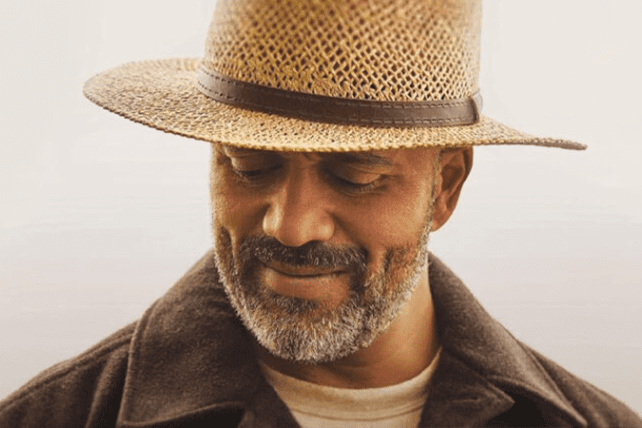What was the hardest part?
The first four days by far. It was heart palpitations, panic attacks, night sweats. It was like coming off of this drug, and I don’t really think the drug is the phone. It was more like this drug of control and knowledge and having to know all the time. Suddenly, I wasn’t able to get out of my own head, because at the monastery, it was 23 hours a day of silence. To go from seven and a half hours a day on my phone to just being in my head, it was awful.
But day five it felt like an elephant stepped off my chest. It stopped being an experiment about a phone. Suddenly it was an experiment about all of these incredible things that were on the other side of the phone that I’d forgotten about.
The other worst day was turning my phone back on.
What do we miss when we can Google every question that pops into our brain?
We miss being who God created us to be. I don’t think our souls or our psyches were created with that capacity to know as much as we know. I think we miss wondering. When I lost access to information, I thought, ‘Wow, I don’t think I’ve wondered since like the 1990s!’
I’d walk outside and wonder how hot it is. I’d reach for my phone. Well, I guess I’m just gonna have to wonder. We ask questions, but we don’t wonder anymore, because Google kills wonder. Questions lead to more questions, which I think leads to creativity. We should all maybe know a little less, and we’ll human a little more.
You write about experiencing panic attacks and mental health struggles.
I’ve struggled for a long time with a kind of fear of sickness and health. I would Google symptoms, so it was mindblowing to see the worry go away when I didn’t have this false sense of control in my hands. I’ve removed some apps that were causing me to worry more than I should. One of those is Life360, an app I used to track my kids and make sure I knew where they were, how fast they were going. My mom said, “Carlos, I’m so glad I didn’t have that app. I just had to trust that you’d be home before the sun went down.” All of these things that give us a false sense of control are actually adding anxiety to our lives.
You suggest replacing your phone with a point-and-shoot camera to document an activity with loved ones. What other practical steps can we take to reconnect?
I’ve deleted all the news apps off my phone. I deleted X off my phone, and I subscribe to this thing called the newspaper. Every morning, I walk in my front yard, it feels like the 1960s. If anything happens I need to know about, either someone tells me or I find out about it the next morning. I’m no longer part of this rage ecosystem. I bought an alarm clock and set it next to my bed. It wakes me up without any notifications, and I’m just a lot happier.
I no longer use the map app to find my way. I look it up before I leave my house, write it on a piece of paper. I will get lost on the way, but I’ll find my way slowly but surely. I think God created us to find our way. I love getting lost now. All of these things have helped me reconnect to who I was created to be.
You emphasize it’s not just about screen time — it’s about connecting when you’re not on your devices.
This isn’t a book about how bad phones are. It’s a book about how beautiful things are on the other side of the phone. I’ve gone down to four hours a day on my phone. It’s not because I’ve placed rules on screen time — I’ve just fallen in love with having conversations, having 90-minute meals. One hundred years ago the average meal lasted 90 minutes. Today, it lasts 12 minutes. Try 30 minutes. Set an alarm, put it in the kitchen. We’ve lost the ability to have crucial conversations about things that we disagree with over something that we love, a shared plate. The longer you eat, the better the relationships get.
This article originally appeared here.

